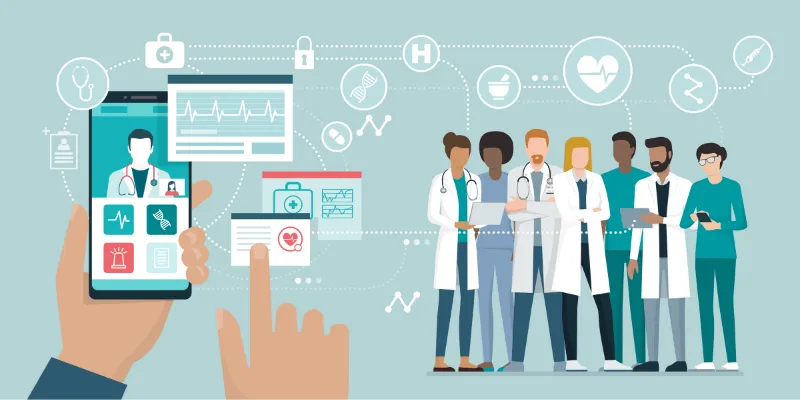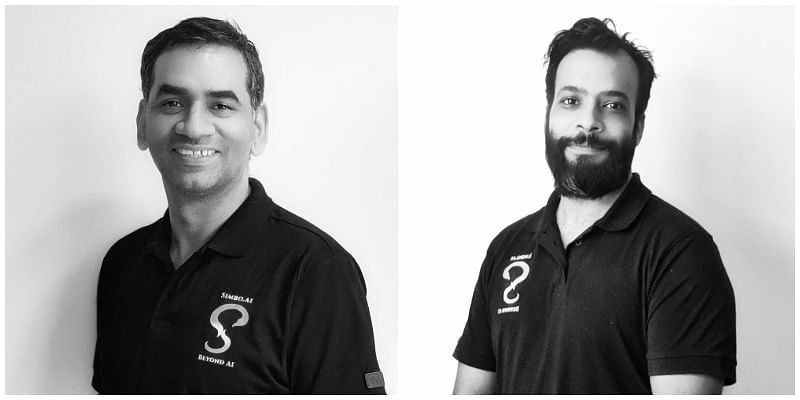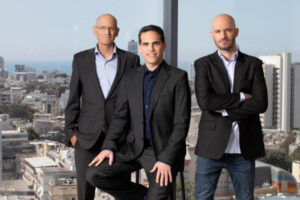Bengaluru-based healthtech startup Simbo.ai has been announced as the winner of NASSCOM CoE’s Healthcare Innovation Challenge (HIC) under the prescription digitisation segment.
Simbo.ai’s recently launched its flagship cloud-based application programming interface (API) platform, SimboAlpha, which enables healthcare workers to create voice-based electronic medical records (EMR).

Representational Image
In an official statement, the startup revealed that artificial neural networks based SimboAlpha have been trained on more than 10 million recordings and can support native and all Indian English accents.
“Trained on International and Indian clinical terms, SimboAlpha’s prescription digitization is highly accurate even in noisy environments, with 2.58 percent word error rate (WER) and 3.16 percent sentence error rate,” the statement noted.
Simbo.ai, a spin-off of primary healthcare IT company mTatva, was founded by Baljit and Praveen Prakash in order to build a neuro symbolic AI-based device to assist doctors. Its flagship product is completely hands-free, and will allow doctors or medical practitioners to create a medical record by just dictating it. Its speech-to-text technology will record the dictation in text format,
“SimboAlpha is the most transformative technology to be launched till date for Electronic Medical Record (EMR) and healthcare providers in India. This will enable the healthcare stakeholders to disrupt the way clinicians approach documentation,” Baljit said in a statement.
NASSCOM’s HIC is focused on enabling technology-led innovative solutions for encouraging digital solution adoption in hospitals. The event has received over 125 applications from healthcare startups, which worked on six focussed interest area including OPD automation, ward monitoring, new diagnostic capabilities, new care therapies, hospital automation and any other area of interest.









